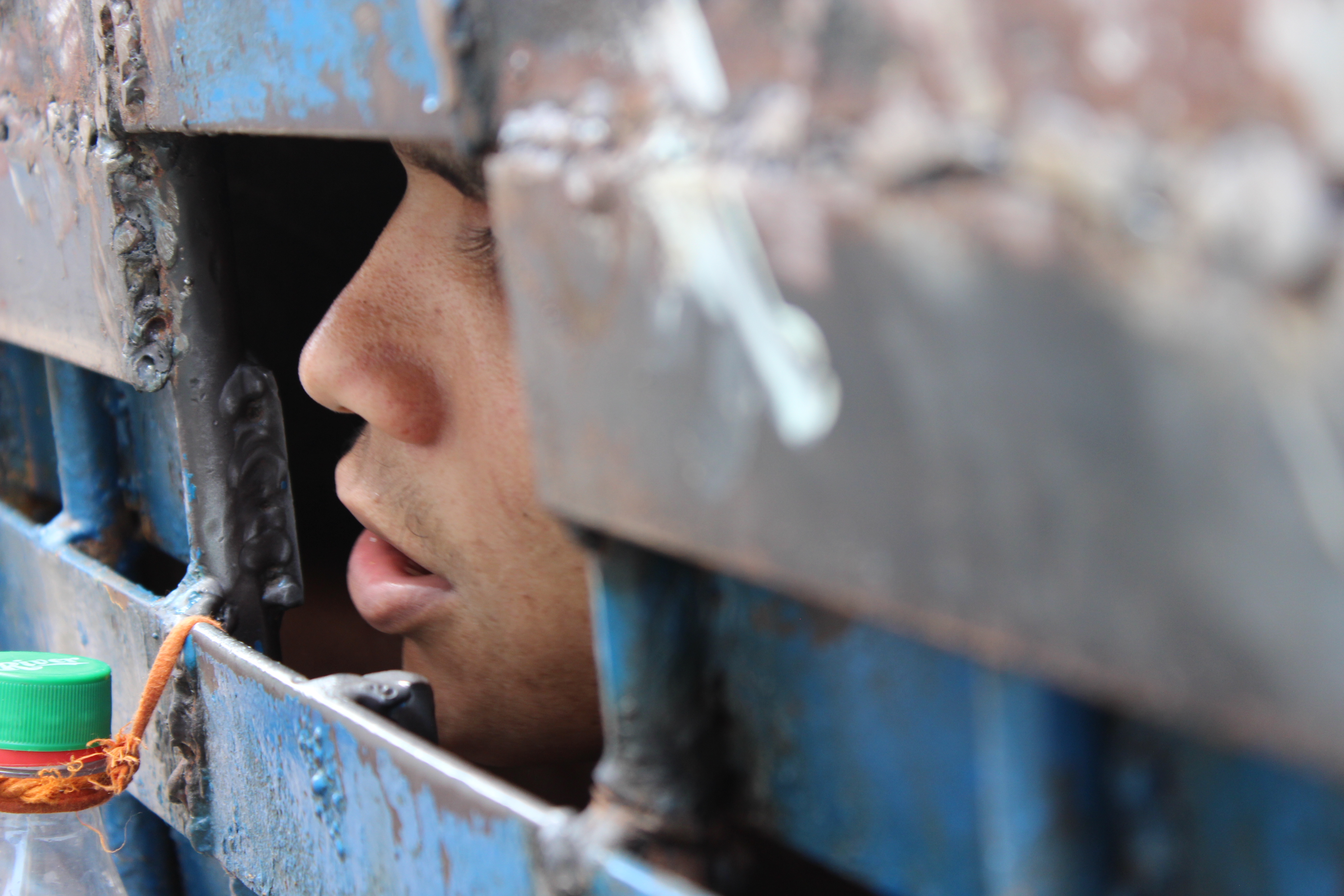Why the number of Covid-19 deaths in the prison system is growing
Measures taken to contain the spread of the disease inside prisons are insufficient, say organizations
 Complexo Penitenciário de Pedrinhas (MA) é símbolo internacional de violência em prisões (Foto: Conectas)
Complexo Penitenciário de Pedrinhas (MA) é símbolo internacional de violência em prisões (Foto: Conectas)
José Iran Alves da Silva, aged 67, was rushed to the emergency room when he developed the first symptoms of Covid-19. An elderly man with hypertension and undergoing treatment for a disease of the prostate, he had been imprisoned in Penitentiary 2 of Sorocaba, in inland São Paulo, since 2016. He died after 10 days in hospital, becoming the first prisoner in the state to die from the coronavirus, in April 2020.
In its latest report, the CNJ (National Justice Council) recorded an increase of 16.3% in Covid-19 deaths among prisoners and prison staff in Brazil in March from February. In total, there have been 293 deaths and 67,262 confirmed infections until the end of March.
In order to reduce the prison population in the country, lowering the risks of transmission, the CNJ has recommended since March 2020 that sentences being served in secure prison facilities be converted to house arrest for cases of minor crimes committed by people most vulnerable to the disease. The IACHR (Inter-American Commission on Human Rights) acknowledged the work of the CNJ as exemplary. But many sick and elderly people remain in prison.
In March 2021, the CNJ released a new recommendation issued by its president, Justice Luiz Fux. The document contains measures considered insufficient to contain the spread of the virus in the prison system. In a letter submitted to the CNJ, civil society organizations such as the Criminal Justice Network, the Sou da Paz Institute, Anadep (National Association of Public Defenders), Conectas Human Rights and another 13 groups criticized the recommendations.
One of the problems is the lack of an effective vaccination plan for persons deprived of liberty. According to the lawyer Gabriel Sampaio, coordinator of the program to Combat Institutional Violence at Conectas, even people from risk groups are being neglected. “The country has a serious structural problem with regard to vaccination, which is also worthy of criticism, but we cannot overlook the importance of vaccination for prisoners and prison staff. They are part of the first phase of most vulnerable groups and yet they are not being guaranteed vaccination,” he said.
The substitution of in-person pre-trial custody hearings with virtual meetings was another matter criticized by the organizations. “We believe that custody hearings need to be in-person, in all circumstances, since they serve to guarantee that detainees can immediately be seen by a judge and to protect against abuses committed in prisons and detention centers,” said Sampaio. “It is one of the most important fundamental guarantees for tackling institutional violence in the justice system. The state must guarantee this.”
These concerns are also shared by the UN Subcommittee on Prevention of Torture. “Persons deprived of their liberty comprise a particularly vulnerable group [to the novel coronavirus] owing to the nature of the restrictions which are already placed upon them and their limited capacity to take precautionary measures. Within prisons and other detention settings, many of which are severely overcrowded and insanitary, there are also increasingly acute problems,” reads the report drafted by the subcommittee in 2020.
According to Gabriel Sampaio, the increase in the number of deaths and the lack of more specific recommendations by the CNJ are particularly noteworthy due to the gap in testing numbers, which suggests a clear underreporting of infection cases. “This concern is compounded by the fact that we have strains that are even more contagious in the current stage of the pandemic in Brazil, which can produce more serious results,” he said, stressing the disregard for a population that already has its rights and guarantees violated. “Before the pandemic, the prison system in Brazil was already recognized for its unconstitutional state of affairs. Now, in the face of an even more serious stage of contamination, it is important for more urgent measures to be taken.”


